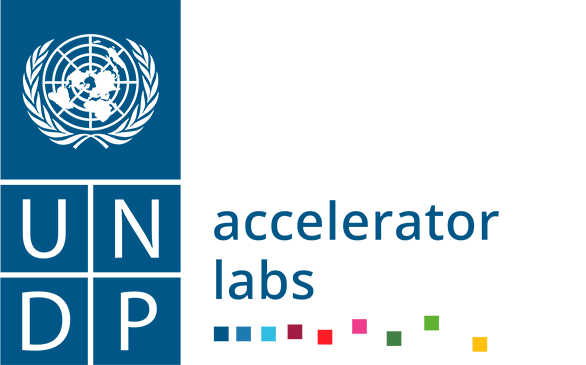Research on digitally-delivered parametric insurance to boost financial inclusion
What it does. The research study of parametric insurance in Colombia analyzes international experience and identifies best regulatory practices of parametric insurance in sectors other than agriculture. Additionally, the case studies identify new actors and digital enabled tools that are being incorporated into the insurance value chain to boost the potential of inclusive insurance (calculation platforms, intermediation through digital ecosystems, alternative mechanisms to reinsurance and the adoption of technologies such as blockchain). The work also presents a series of reflections and recommendations for regulatory adjustments for its proper implementation and operation. As a result, the recommendations were included in the law of the National Development Plan.
Value proposition for the government. Using this research, UNDP can support governments to identify best practices and opportunities for parametric insurance and propose an appropriate path to promote a regulatory approach for the development of parametric insurance in different sectors, promoting digital enabled solutions to boots financial inclusion.
Why and when to use it. This tool is appropriate for counties that want to promote parametric insurance through the exploration of international experiences that can contribute and guide potential regulatory recommendations to guarantee a proper implementation of such solutions in the country.
Known issues and troubleshooting. To have a real impact of the research study in terms of public policy and regulation, it is fundamental to have the participation of the national government or the national public regulation unit. If there is a lack of interest from these stakeholders probably this is the first thing you must do. Also, it is important to mention that the data collection and analysis of the information related to best practices and international experiences must consider the fact that these are the result of the context of each country and any potential regulation based on other country experiences may not be easily replicated.
Context. The parametric insurance modality has proven to be an effective tool for managing the risks of traditionally underserved population segments such as low-income households and the rural sector. In fact, the National Policy of Inclusion and Economic and Financial Education promoted the massification of parametric insurance as a key element to guarantee the financial inclusion of the vulnerable population. Since 2019, the regulation enabled the possibility of developing parametric insurance for the rural agricultural sector and since then the use of this type of insurance has expanded significantly in the country. However, the development of parametric insurance had not been developed for other sectors and there was a need to identify the best international practices in sectors other than agriculture and the development of public policy recommendations and regulatory adjustments to enable this market. From the institutional point of view, there was also a need to support the National Financial Unit to develop this new regulation. This is part of the CO work to promote financial inclusion and the Insurance and Risk Finance Facility in the country.
Cost. The research cost about USD 15,000 for a consultant and sessions to share policy recommendations and best practices from other countries. Additionally, the cost of 3 UNDP personnel supporting the process for at least 6 months.
People.
- Innovative financing advisor: Gives strategic advice and supports the design and implementation process of the research
- Technical expert on insurance and financial inclusion: Directly supervises the research process and coordinates with relevant public and private stakeholders
- Consultant: Specific expertise in parametric insurance that elaborates the
Focal point. Lina Fernandez, Juan David Ordoñez, and Maria Palacios .
Country, year, and language. Colombia, 2023, Spanish.
Resources.
- Report. Use this resource to understand how the research was conducted and what the results were.
